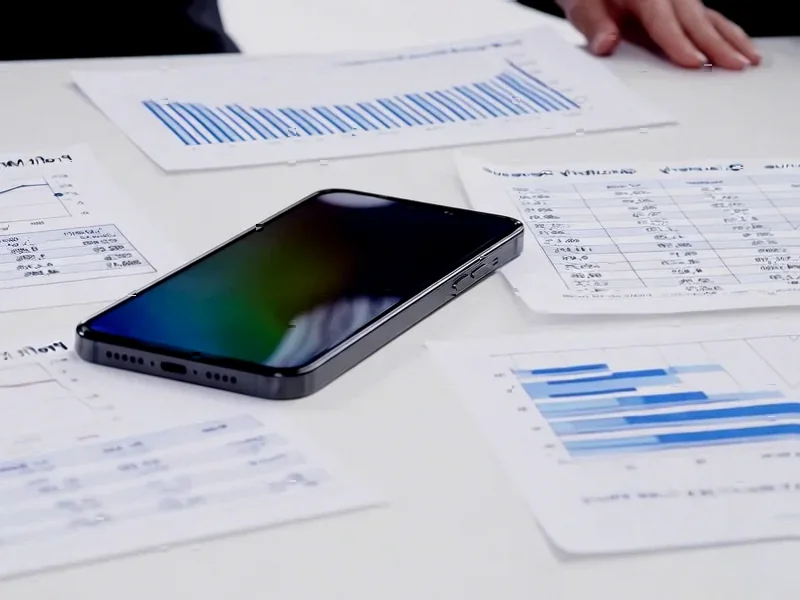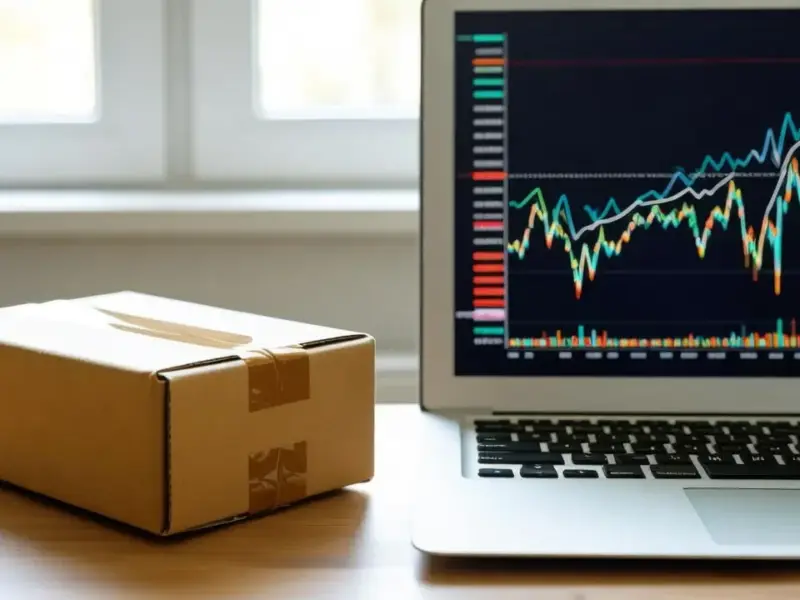According to Forbes, SoftBank Group shares plunged 10% on Wednesday amid a global stock selloff, wiping $13.1 billion from chairman Masayoshi Son’s net worth in the biggest wealth drop among all Asian billionaires. The 68-year-old founder, who remains Japan’s richest person with a $71.5 billion fortune mostly tied to his SoftBank stake, saw his wealth evaporate as investors grew concerned about lofty tech valuations. The selloff was triggered by disappointing results from U.S. tech firms including Advanced Micro Devices and Super Micro Computer, both key AI players. Japan’s benchmark Nikkei 225 index fell 2.5% while South Korea’s KOSPI dropped 2.9% as risk-averse sentiment spread across Asian markets. SoftBank has become viewed as a proxy for investing in OpenAI, with Son directing the firm to fund several of the ChatGPT creator’s financing rounds.
<h2 id="ai-reality-check”>The AI Reality Check Hits Hard
Here’s the thing about SoftBank – it’s basically the ultimate AI hype stock. When investors get excited about artificial intelligence, SoftBank shares rocket. But when reality sets in, they get hammered. And reality definitely set in this week. AMD’s disappointing revenue forecast and Super Micro’s missed expectations showed that even the hottest AI companies can’t always deliver on those sky-high growth expectations. SoftBank shares are still up almost 150% this year, which tells you how overheated this trade had become. Now we’re seeing what happens when the music stops.
Why SoftBank = OpenAI Bet
What’s fascinating is how SoftBank has become the public market’s way to bet on OpenAI. Since OpenAI remains privately held at a staggering $500 billion valuation, regular investors can’t buy shares directly. But they can buy SoftBank, which has been pouring money into OpenAI funding rounds. It’s a classic Son move – he’s positioning his company as the gateway drug for AI investing. The problem? When investors get nervous about AI valuations, they dump the most exposed names first. And SoftBank is definitely that name.
Where Does This Leave Investors?
Analysts think this adjustment period could last about three months as markets work through the overheat. SoftBank isn’t just an OpenAI play though – they’re also making big bets on what Son calls “physical AI,” including that $5.4 billion acquisition of ABB’s robotics unit. The vision is fusing robotics with AI to create super intelligent machines. But right now, investors are more concerned about whether current AI companies can actually deliver the growth that’s been priced in. The question is whether this is just a temporary pullback or the start of something bigger. Given how far tech stocks have run, I wouldn’t be surprised if we see more volatility ahead.
The Bigger Market Story
This isn’t just about SoftBank or even just about AI stocks. We’re seeing a broader reassessment of tech valuations across the board. When a company like SoftBank – which analysts call “the highest-beta expression of Asia’s AI trade” – drops 10% in a day, it tells you something about market sentiment. Investors are finally asking the tough questions: Can these companies actually grow into their valuations? Are the AI revenue streams materializing as expected? The answers this week haven’t been encouraging. And when the most speculative names get hit this hard, it usually means the easy money has been made.





Hello! I just wish to give a huge thumbs up for the great data you might have right here on this post. I shall be coming back to your weblog for extra soon.